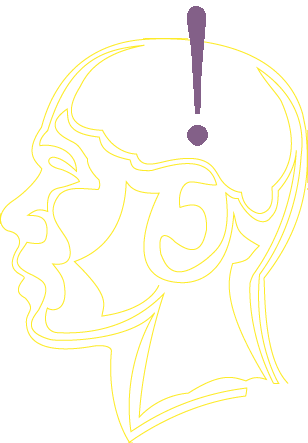

2010 2011 2012 2013 2014 2015 2016 2017 2018 2019 2020
Author(s): Ali Rabe
Presentation: oral
In this paper I examine the increasing complexity of the intellectual property law debate in America amidst rapid technological and informational advances. In this evaluation, I will attempt to balance the principles of Congress’ powers, free speech rights, property rights, and economic implications in order to conclude that intellectual property laws in general are becoming more unenforceable. Indeed, most intellectual property academics either emphasize the iniquitous monopolies that these laws create and the inevitable stifling of intellectual creativity, or the justified increase in the enforcement on copyright, trademark, and patent laws. This same debate can be traced back to the very document which actualized our governmental system: the Constitution. In Article 1, Section 8, Clause 8, Congress is granted the power to make laws concerning the protection of intellectual property. At the same time, however, the First Amendment prohibits Congress from making any law prohibiting free speech. This inherent contradiction in the Constitution can help us further examine the philosophical roots of the intellectual property debate, but it will be made clear that ultimately the never-ending constitutional issues surrounding intellectual property laws points to the reality that Congress cannot adequately enforce the increasing density of these laws; free speech is winning the debate, as some of the founding fathers foretold. In today’s technologically advanced world intellectual property laws are becoming more ineffectual despite the creation of newer laws and agencies to protect intellectual property and the continuing complaints of young techies or intellectuals itching to capitalize on other’s ideas. Indeed, there are some court cases in America today in which an individual has taken advantage of another’s intellectual property, but there are inevitably many more incidents in which the untraceable perpetrators go unpunished. The internet and other technological advances in combination with the inherent intangible nature of intellectual property makes Congress’ laws enforcing intellectual property, as their power given to them in the Constitution, increasingly difficult to enforce. I will explore the challenges facing Congress in enforcing these laws and conclude that it will remain difficult, if not virtually impossible, for them to continue to do so.
The College of Idaho 2112 Cleveland Blvd Caldwell, ID 8360 USA 208-459-5011 800-2C-IDAHO